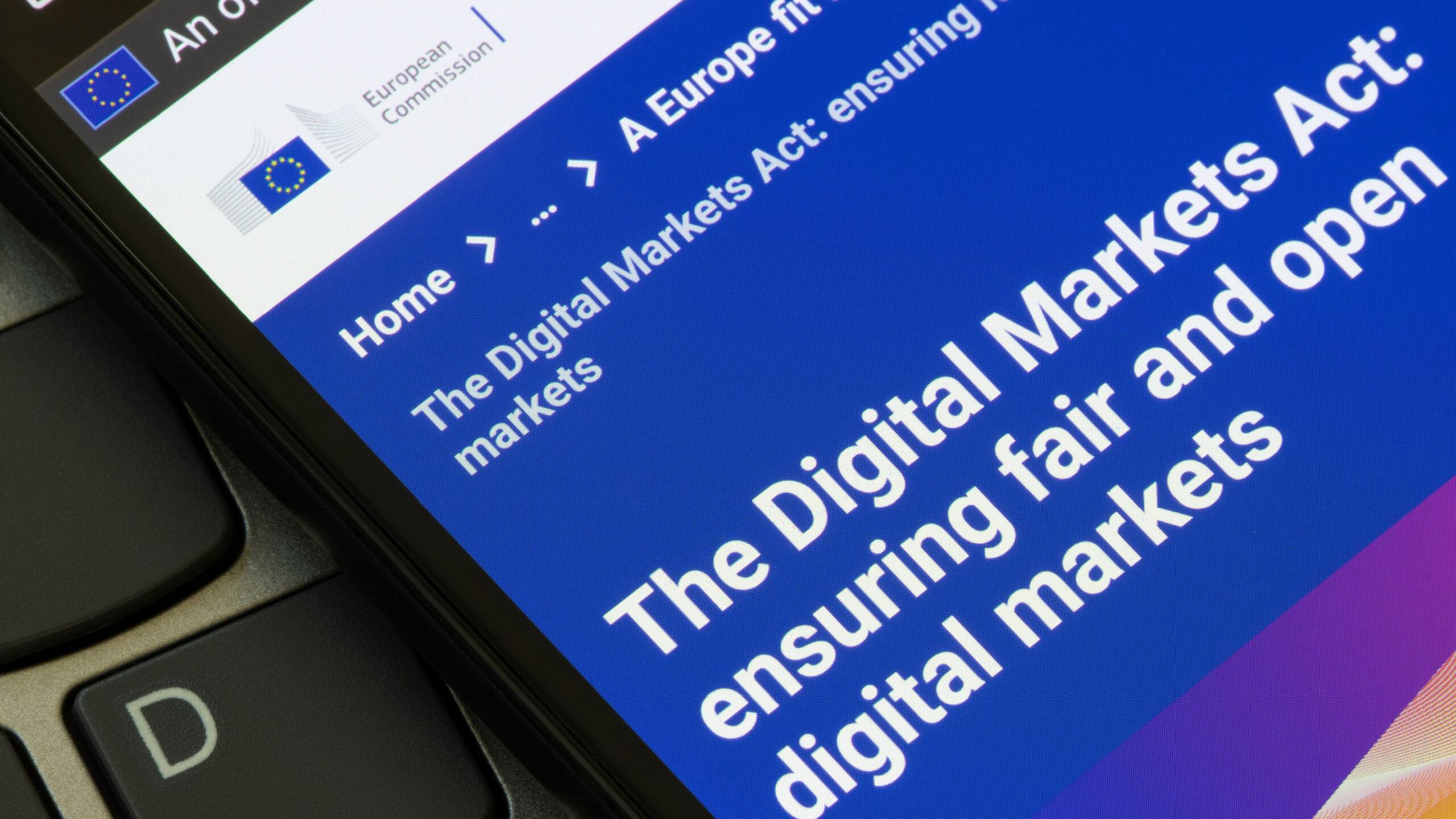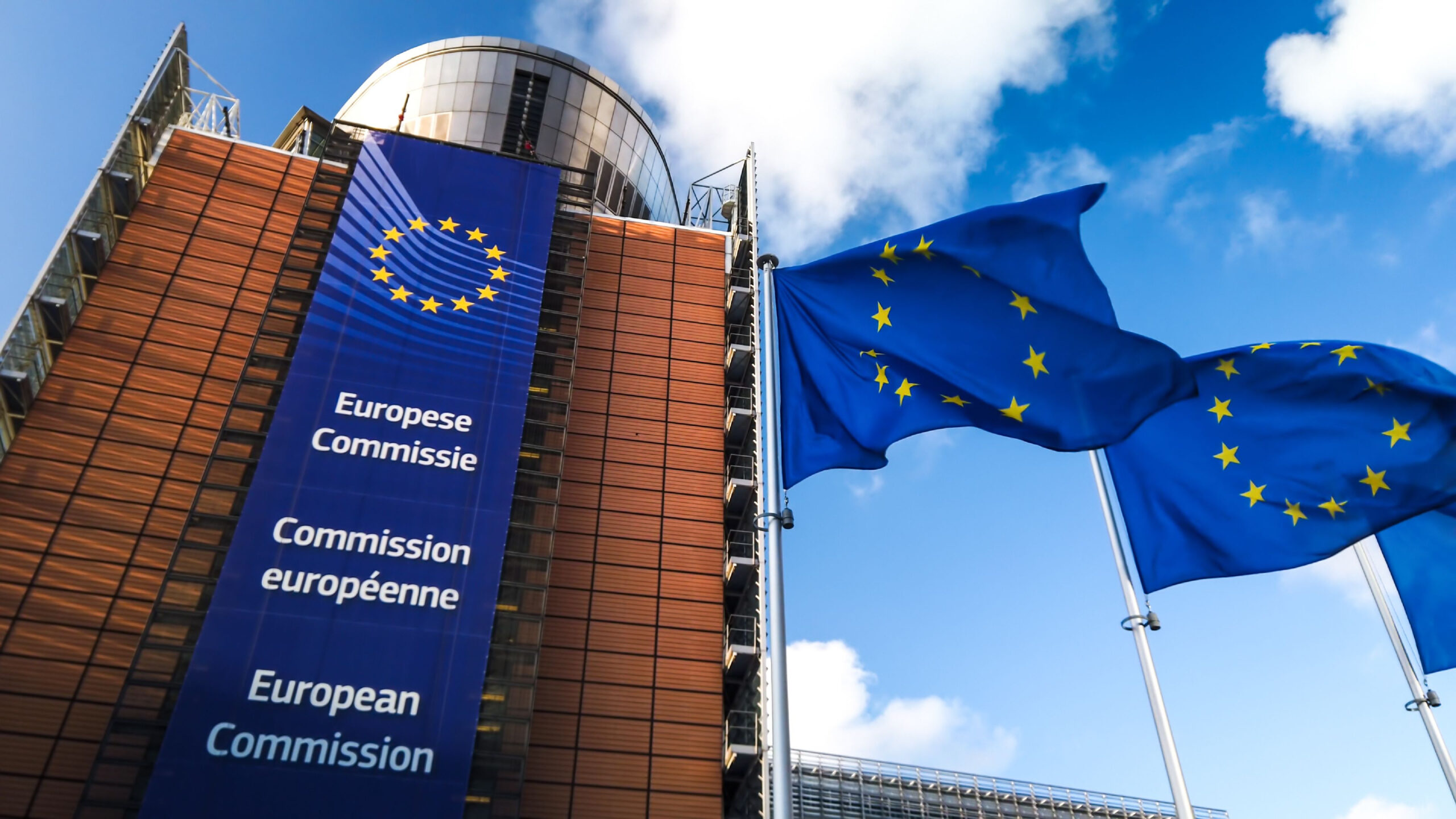The DMA’s Risk to Non-Gatekeeper Platforms

The EU Digital Markets Act (DMA) imposes prescriptive rules on the core platform services of companies designated as “digital gatekeepers”. The assumption is that only a handful of companies will be affected by the DMA’s conduct rules. However, a new paper by lawyers at King & Spalding, “The Digital Markets Act’s Per Se Prohibitions Increase Legal Risks for Non-Gatekeeper Platforms”, explains how the DMA’s conduct rules can spillover onto non-gatekeeper platforms. This significantly increases the damaging cost of false positives and overregulation in Europe’s digital economy.
Prohibiting Pro-competitive Conduct
Much of the conduct prohibited by the DMA can have positive competitive effects. That’s why competition policy and economic experts and government reports have almost uniformly advised lawmakers to include some adjustment mechanisms or defenses, rather than imposing the DMA’s blanket presumption of harm. The DMA’s one-size-fits-all approach of course makes this worse.
The risk of counterproductive effects is exacerbated by the unknowns. The authors of the DMA admit that for some of the practices prohibited “there is no decision or judgment confirming its effects on the market.” (DMA Impact Assessment Report, para. 155). In the words of one Commission official, “while some of the provisions may be reminiscent of past or ongoing antitrust cases at the EU or national level, there are a number of obligations where such precedents do not exist”. Even where rules are based on prior cases, applying them to all platform services means that the impacts “are much broader than any case law could ever be.” It’s clear there’s a risk that some of these rules will do more harm than good.
Spillover to Non-Gatekeepers
European policymakers have largely waved away these concerns, on the grounds that the economic thresholds necessary to be designated a gatekeeper are so high that only a handful of U.S. firms will be caught. In other words, smaller European alternatives will be able to spring up and continue creating value with that same pro-competitive behaviour that is prohibited by the DMA. Indeed, trilogue negotiators have gone so far as to introduce “wording for safeguards to prevent SMEs from falling into the scope of the DMA”. But will this be enough?
Lawyers at King & Spalding think not. They say that the per se nature of the DMA, particularly its creation of presumptions that certain conduct is harmful, is likely to spillover onto non-gatekeepers. Other bodies of national law, particularly national competition law and laws on the abuse of economic dependence, allow authorities (and private claimants) to bring action against a wide range of non-gatekeepers. Any company that is found to be “dominant” within the meaning of competition law, or in a position where suppliers are “economically dependent” on it (a threshold even lower than dominance) could see itself caught by the DMA’s per se rules. This is particularly troubling given the very narrow markets and low evidentiary requirements that have been used in the digital sector in order to sustain a finding of dominance or dependence. Some jurisdictions are even considering creating a presumption of economic dependence for business users of digital platforms. In other words, the same conduct prohibited by the DMA for gatekeepers, will be prohibited for non-gatekeepers under other bodies of law.
The paper concludes: “The language used by the DMA creates a general presumption, beyond the scope of the DMA, that the commercial behaviors it targets are harmful per se, independently of the circumstances and the market players that adopt them. This language matters, and the presumption it creates will likely be relied on by EU and national enforcers when applying abuse of dominance and abuse of economic dependence provisions. This risk of spillover is enhanced by the rise of private damage claims.”
Policy Implications and Solutions
While some lawmakers have been clear that they do not want the DMA’s conduct rules to apply more broadly across the digital economy, others have been more ambivalent. Some Commission officials have expressed their view that Europe’s digital economy should be free from these practices, whether engaged in by gatekeepers, or non-gatekeepers who would use these same practices to displace them. It appears that these voices have the upper hand, as amendments to address these concerns have not been introduced, despite the DMA negotiations wrapping up.
Importantly, changing the economic thresholds in the DMA would not be enough. The DMA’s legal construction matters and its presumption of harm, is what needs to be clarified. While there’s much rhetoric about the harm to competition, consumers, innovation, and SMEs, the truth is, and what needs to be clarified, is that the DMA does not pursue competition policy objectives. As a regulatory instrument the DMA reshapes digital platforms away from how they’ve evolved and more like common utilities, by prioritising novel notions of “fairness” and “contestability” over traditional policy objectives. That could be quite bad for competition, consumers, and SMEs, both in the short term and longer. If lawmakers want to avoid the costs of prohibiting pro-competitive conduct economy-wide, they’ll need to make this clear in the text.








